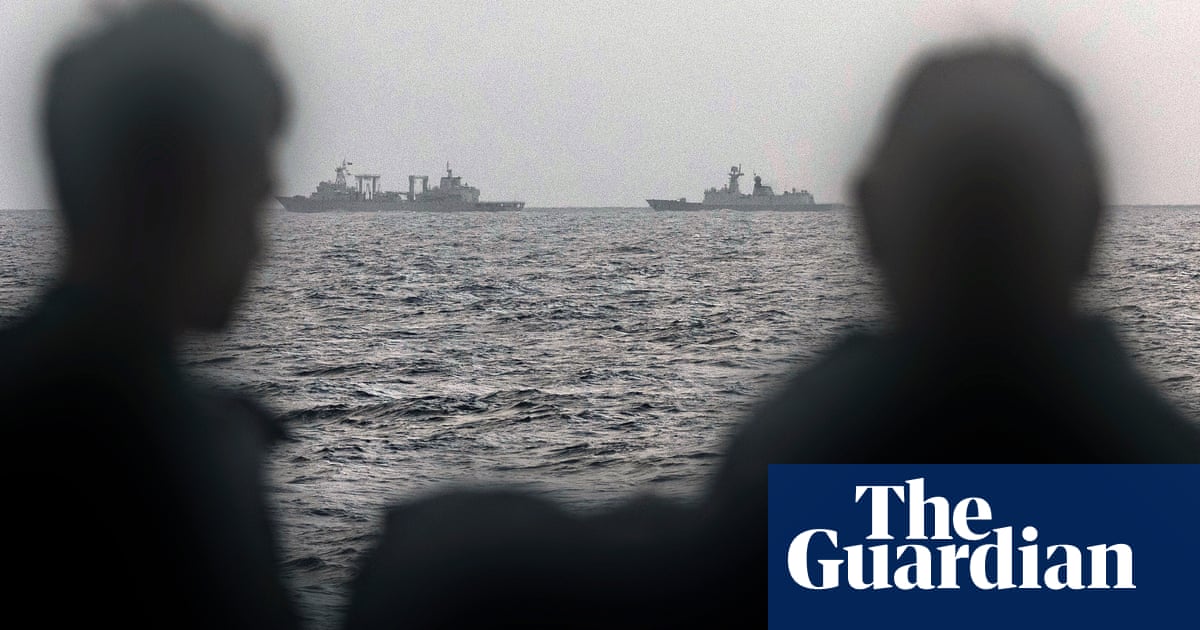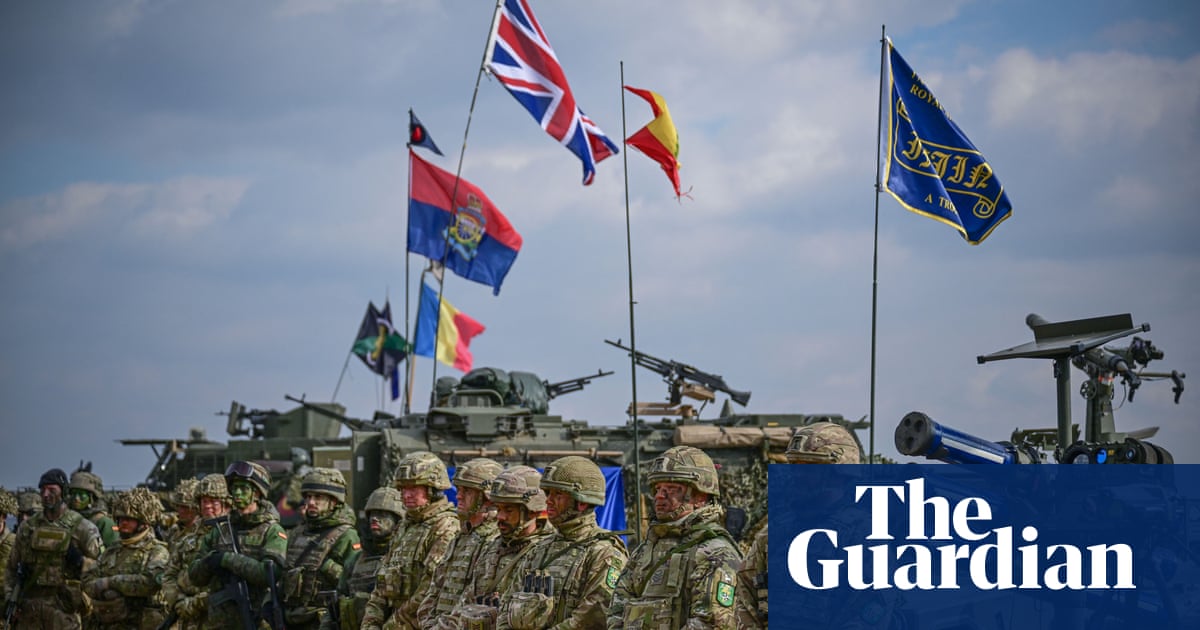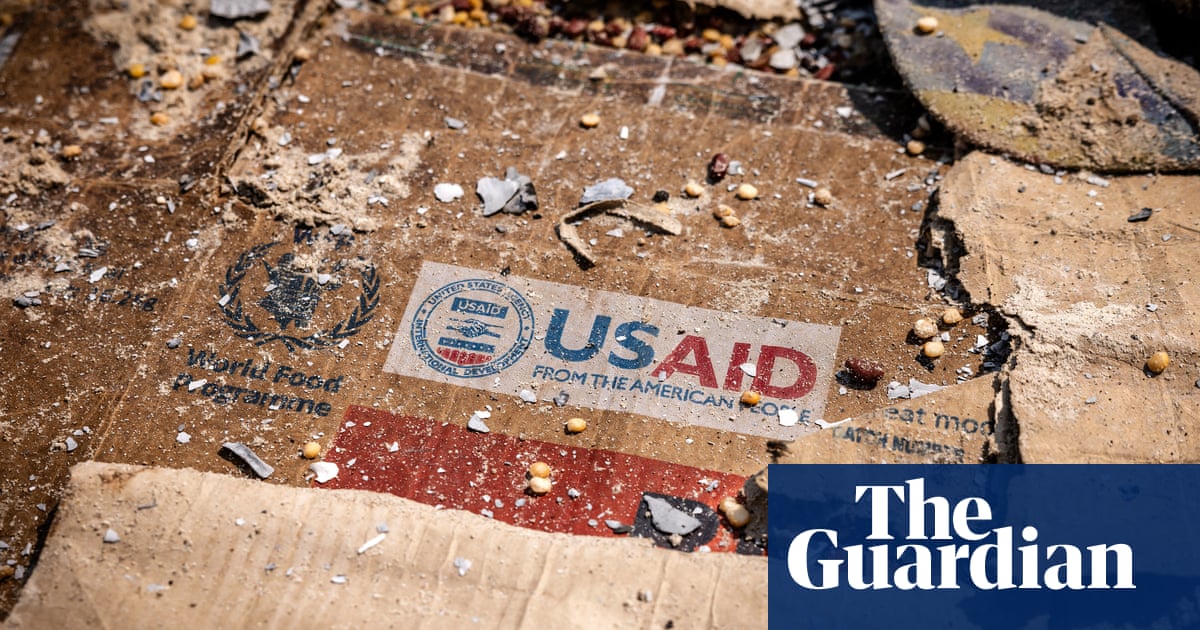In Giles Foden’s first novel, 1998’s The Last King of Scotland, an idealistic young Celt, Scottish doctor Nicholas Garrigan, travels to Africa into a series of adventures amid the corruption and brutality of Idi Amin’s Uganda. In Foden’s second, Ladysmith, an idealistic young Celt, Irish Bella Kiernan, travels to Africa and has a series of adventures amid the violence of the Boer war and the siege of Ladysmith. In Zanzibar, an idealistic environmental scientist, marine biologist Nick Karolides, travels to Africa and into a series of adventures, events leading up to al-Qaida’s 1998 US embassy bombing in Tanzania.
Now we have Thirst, in which Cat Brosnan, an idealistic young Celt and an environmental scientist, travels to Africa and has a series of adventures searching for a hidden aquifer in the desert of the Skeleton Coast of Namibia. People talk of “Greeneland”, as the familiar places and stories that characterise Graham Greene’s writing. Something similar is true of Foden: a westerner’s wild and violent adventures in Africa. Gilesville. Fodenmark.
Thirst is set 15 years into our future, and the climate catastrophe has worsened conditions. The aquifer, if found, could supply the drought-struck local population with water; but it is also a prize desired by mining corporations and foreign governments, who want the water to extract and process uranium ore, and don’t care if the locals die.
The book opens with Cat’s mother, also called Catherine and also an environmental scientist, coming to Namibia two decades earlier, looking for the same aquifer. Her search is unsuccessful, and she returns to Ireland pregnant after a brief encounter with the Chinese military officer, Xin, who had been escorting her through the Chinese-controlled desert. She loses her academic job and must raise her daughter as a single mother, isolated on her brother’s farm, resentful at the turn her life has taken.
Then Catherine abandons her daughter: disappearing again to Namibia with Xin, once again searching for the aquifer. Cat is recruited by the Chinese authorities to find both the aquifer and her parents. “If the aquifer existed, the question of who would own it was crucial, an issue driven by economics and power … thoughts of this type kept trying to march on in her head before being swept away again by the personal. Did she really want to find two parents who had abandoned her? Or had she come just for an adventure?”
Adventure Cat certainly gets: infiltrating company territory under an assumed name, harassed by security forces, caught up in a local revolution led by a priest, Jackson Kwambi. She falls in with Ma Shango, the leader of a militia, who rides around on a quad bike with a ground-to-air missile strapped to its crossbar. The desiccated body of a long-dead Soviet soldier, deep in the desert, bears a codebook that might reveal the location of the aquifer. Everyone is after the prize. There are gunfights, battles, rapes, executions, extreme physical hardship: at one point Cat comes very close to dying of thirst. Characters are tortured, shot, devoured by wild lions.
The Last King of Scotland was made into a well-regarded film, and Thirst reads like a book pitched as a movie prospect: a strong through-line quest hook, much incident, plenty of African colour and flavour. It’s a novel engaged with the climate crisis, and alive to the legacy of colonial oppression and exploitation. But it also reads like an unrevised first draft.
The prose is wayward. There are bizarre similes (“attempting to keep thoughts from burrowing into her head like baby moles, furless but indefatigable”; “dreams that marched like spiders into her nostrils”) and impossibilities: “sweat was pooling under her armpits”; “passive in itself, this feeling wasn’t passive”. One chapter opens, “Glen Cole, when morning came, was also subject to wind,” which makes the reader think of flatulence rather than an Atlantic breeze. A character throws a wrench into the air, “spinning upwards it hung in the air as if about to deviate into errancy”, but errancy means fallibility, the state of being in error – how can a wrench deviate into that? “Cold immediately crept into her bones”: immediately and crept contradict one another. “Expectation rippled through the assembly to whom he was now speaking”: an assembly isn’t a who, it’s a what.
Foden has a particular writerly tic: describing a thing, then linking it to a character’s mood or circumstance. “Masuku turned his gaze towards the airstrip, where a radar antenna was spinning round. The revolutions of the device cohered with his own thoughts of being caught in a spiral.” “All the attempts to deal with climate change had so far failed, just as she was still failing to sleep.” “The noise and smell of automatic fire filled the cave. No less automatically, a pile of limbs and weapons developed by the opening to the cave.” It’s clunky.
after newsletter promotion
A writer might believe it doesn’t matter how messily written their work is, if the novel is regarded only as an intermediary form, one that film rights will transform from verbal clumsiness into images and action. But this seems to me a shame. Novels are not made of images and action, they are made out of words. Thirst is eventful stuff, plotwise, but its words need work.

 2 months ago
48
2 months ago
48













































